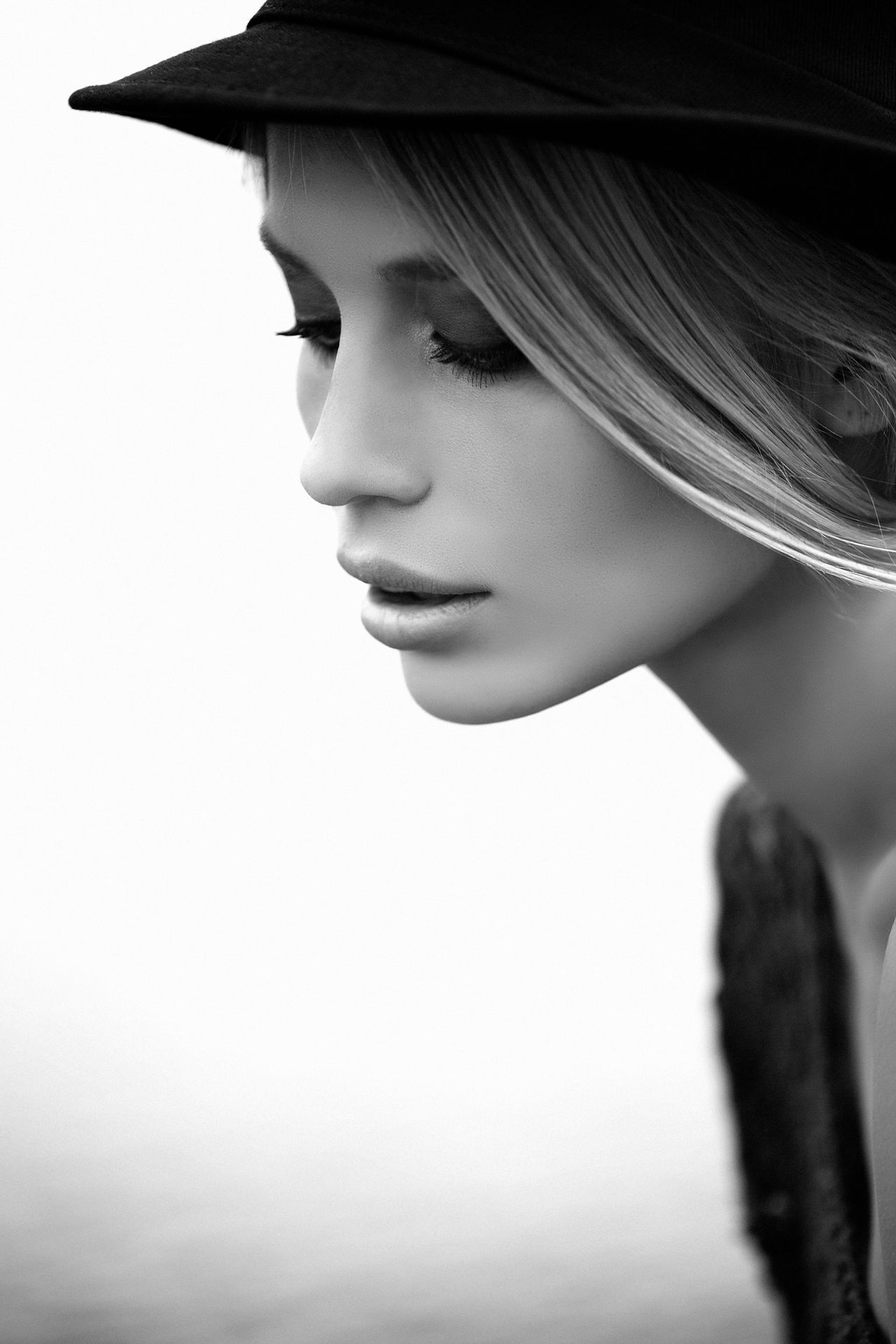
We are so excited to talk to you about our newest educational series at The M Factor Corrective Skincare that is going to be centered around the topic of Acne. We love working with acne clients and helping them understand and treat their acne skin problems.
Acne Topics We Will Be Covering Over The Next Few Months:
Understanding what Acne is
The different types of Acne
What causes Acne
Treating Acne
EXTRA TIP: Individuals should only pop their acne blemishes if they are correctly taught how to do the extraction by a trained professional, if they are not correctly instructed, they can damage their skin if the extraction is done improperly. In addition, if the affected area is not cleared out as soon as possible the tissue can be damaged and cause scarring.
Different Types of Acne:
Noninflammatory Acne:
Whiteheads and Blackheads are types of noninflammatory acne. They are the least severe forms of acne. Noninflammatory blemishes usually do not cause swelling and are most often not very painful.
Whiteheads - Small packs of buildup that sit on top of your skin. Sebum and dead skin cells in one tiny, white package. Whiteheads typically appear on oilier skin types. The skin around a whitehead may appear to be tight or wrinkled, especially when the whitehead is large or especially raised.
Blackheads – Think of a plug that you would use as a stopper to keep something contained. Blackheads are like "plugs" made up of sebum, skin cell buildup, and bacteria that are inside of your pores. The coloration "black | brown | dark spot" is not a result of trapped dirt. blackheads are simply whiteheads that have opened and widened. When the contents of a whitehead are exposed to air, they darken.
Tips for preventing and treating Noninflammatory Acne:
To reduce and hopefully prevent most minor-to-mild forms of noninflammatory acne, it may be helpfu to try:
washing the face with lukewarm water and cleanser twice daily
washing the whole body every 2 days
reducing stress
eating a healthful, balanced diet
staying hydrated
avoiding over-washing or irritating the skin
limiting exposure to the sun
Inflammatory Acne:
Inflammatory acne is more severe than noninflammatory acne, and this type is more likely to cause complications, such as scarring or pitting. Blemishes or lesions that are inflamed, or red, swollen, and warm to the touch can result from inflammatory acne.
Papules – A papule is technically any small, raised bump on the skin. It's often part of a grouping of other papules that form a rash (i.e. dermatatis, allergic reactions, eczema). In terms of acne, it's a bump that's red in color and swollen with inflamation. Papules are more painful than whiteheads or blackheads. Papules develop when whiteheads or blackheads cause so much irritation that they damage some of the surrounding skin, this damage can lead to inflammation.
Pustules (pimples) - A pustule is what you're most likely to think of when you picture a pimple. It's a zit that has come to a head, forming a white, pus-filled bubble on top. While this might sound like a whitehead, a pustule is different: A whitehead is simply a plugged hair follicle, while a pustule is inflamed and full of pus. A full-on zit!
Tips for preventing and treating inflammatory acne:
Washing the affected area with cool water and soap using clean hands or a clean, gentle facecloth twice a day
applying a warm compress or cloth - available to buy in pharmacies and online - to the affected area for 10–15 minutes to encourage trapped debris to rise to the surface
using products with benzoyl peroxide to combat bacteria
using products with salicylic acid to remove dead skin cells and other debris
Moderate to Severe Forms of Acne:
Nodules - Painful, hardened, inflamed bumps (lumps) that are deep in the skin. Visually they are larger and deeper papules and have no visible "head" or "center". Nodules start developing when a pore is cogged or tissue / cells are damaged deep in the skin's surface. They are considered a severe form of acne and they can cause complications with the skin long term including dark spots and scars.
Cysts - Very large, painful, soft, red or white lumps deep under the skin. Cysts are filled with pus. They form deeper within the skin than nodules, and are the most severe type of acne. Cysts can also cause skin complications long term, like scarring.
Treatment options for severe forms of acne:
People cannot treat moderate-to-severe inflammatory blemishes at home. These lesions require care from a professional skincare expert (esthetician, dermatologist) These service providers can use many products and procedures to treat nodules and cysts. These include:
systematic retinoids
chemical peels
photodynamic therapy to combat bacteria
drainage and extraction to remove large cysts
We would love to work with you in determining your specific skincare needs be it acne or other conditions you would like to address. We love creating beautiful skin and happy clients!
Call to book today
BY APPOINTMENT ONLY: 702.499.6262

